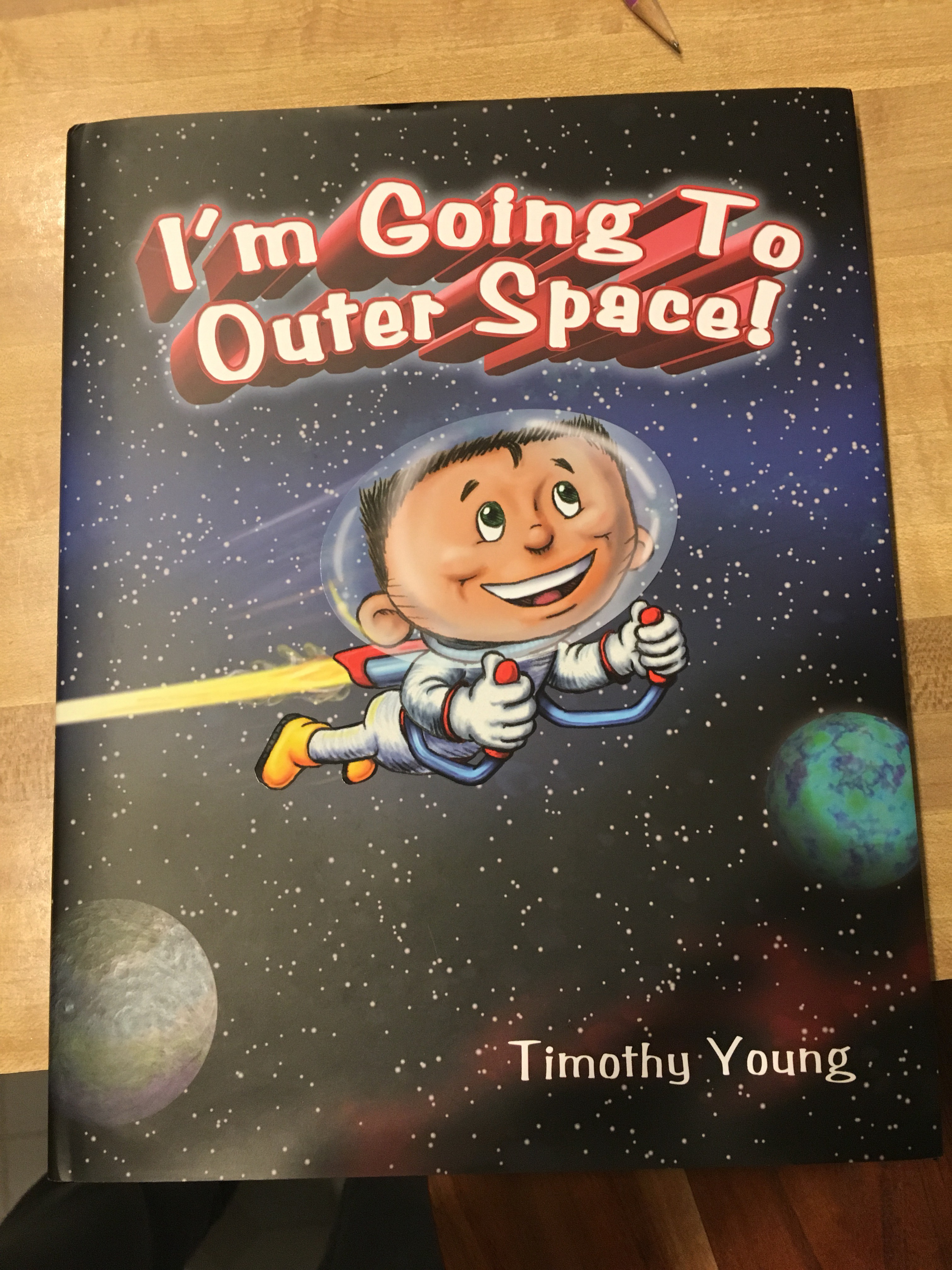Mentorship and Community:
with Olivia G, Neuroscience and Women’s and Gender Studies double-major

Olivia is standing next to a sign that reads, in French, “Before I am a woman I am human being; I should be respected as such.”
Olivia G. is a junior, studying Neuroscience and Women’s and Gender Studies – so she understands the role women have in STEM from two unique perspectives! She loves learning about the brain and how it works. She elaborated,
“I love abnormal psychology. I love learning anything about the brain and different things that can go on with the brain (i.e. different psychological disorders people can have). Basically, anything about the brain, I think is so cool!”
Brains are such a fascinating area of science – and one that’s obviously super important for us to understand! We all are affected by how our own brains work and probably know someone who has a psychological disorder or developmental disorder, which is another area she’s passionate about. Olivia got involved in this area early. She says that,
“My mom tells me I’m a very big-hearted person and it probably explains why I like work with kids with developmental disabilities so much. I am particularly interested in Autism Spectrum Disorder, how it develops, and the effects it has on the brain. I have worked with this population since a young age and I enjoy the rewarding work with these kids. I am interested in how the brain works which is why I decided to pursue Neuroscience (a mix a between Biology, Psychology, and Chemistry) to understand how the brain works.”
For Olivia, she’s always felt encouraged to pursue what she’s passionate about, and it’s her relationships with people that continue to push her further.
“I think it is more people that inspire me to keep going in the sciences. I was never discouraged by my main systems of support for liking science, which I think played a large role in why I am still in the sciences. Also, talking to young girls who want to pursue a career in STEM fields inspires me to keep continuing and pursuing my education in the sciences.”
Olivia has an amazing system that encourages her, so she feels welcome in her field and prepared to accomplish amazing things. Sometimes, there’s a discussion on the “boy’s club” experiences of being a woman in STEM. It’s intimidating to enter a field if it feels like you’re not part of the group that’s ‘supposed’ to be there or has the invitation to enter a room. Even if your colleagues are kind and respectful, it still makes sense why some women feel out of place. In fact, there are structural issues with having a male-dominated space that can prevent women from feeling like they can achieve in the same ways. That’s why it’s so important to know how to combat these problems and to find your space in any room. One of these strategies is surrounding yourself with people who are positive examples and help you to feel you’re in the right place. Olivia expressed this, when discussing what makes her feel strong,
“All my friends [make me feel strong], particularly other women, who are in science classes with me. They make me feel like I’m not alone and that I am wanted. Also having female science professors is a big deal for me. I will purposely take my science classes with female professors. They empower me to continue in my science endeavors.”
This reminds me how important it is to have female STEM professors at colleges and universities, as well as professors of color and from different countries and backgrounds and viewpoints. We need to be able to relate to those we want to be like. In fact, in psychology Social Cognitive Theory teaches us that one method of increasing feelings of positive self-efficacy (which is your belief about your own competence aka “I can do this!”) is through vicarious experiences. Simply put, this means that when other people do awesome things, we feel like we can, too. However, this is only really effective when we relate to the person who is accomplishing something – they need to seem similar to us. (Although, fun fact, the best way of developing self-efficacy is through mastery experiences! So, if you work hard and have success – however you define it – at that science fair or on your work, you’ll feel more capable.)
This can be hard to accomplish for young women, if we don’t feel like we can relate to the people we see in our ideal profession. Additionally, although there are some awesome men I know I can definitely relate to, we don’t always have the opportunities to make those connections. Unofficial mentorship opportunities frequently crop up for young men, in the form of golf, poker nights, after-work social events, gym trips, etc. that women aren’t always invited to. If the opportunities aren’t finding us or we feel excluded from potential mentorships, how do we find our own mentors? Luckily, there are organizations and systems that exist.
At an early stage, while discovering what you’re interested in, we recommend reading the letters we have on our website or writing us an email if you want to hear from a STEM career that’s not represented. In many cases, we can also help pair you with a STEM mentor and activities to attend in your area. Trying out different activities and meeting professionals is a fun way to explore your interests.
Once you find something you love, keep in mind the elements that make you passionate about it. Be open to new possibilities, but keep that inspiration close to inspire you when it gets difficult. For Olivia, she finds her experiences related to neuroscience motivating. She says,
“This past summer I interned at an occupational therapy clinic in my hometown and it was a truly amazing experience. I learned a lot from the kids; I learned their developmental disability functioned within them and the snapshot into the daily lives of these kids and the parents of these kids. These kids remind me why I am in this field of study and give me to something to work for.”
At a higher level, you might even consider creating opportunities to find more mentors in your own community. A professor explained that when she began her career, a professor in a higher position created a panel of mentors for her. There were both men and women involved, and it created a place where she heard the kind of varied advice that other people might hear from colleagues at a social event.
Olivia said it best, though. I’m grateful for the generation of young women today who are becoming the role models we want to see. As she said,
“There are a lot of things that if I could I would change. I would love to see more women in pursuing STEM fields, more young girls being encouraged by elementary/middle school teachers to pursue STEM, and I would love to see more professors who are women in the STEM fields!”
A huge thank you to Olivia for sharing her story and hopes for the future of STEM! To learn more about neuroscientists and other STEM professionals, check out letters on our Role Model page or send us an email!
Let’s start a discussion:
What does our brain do?
What spaces do we feel strong in? What makes them special?
Who are our mentors?





